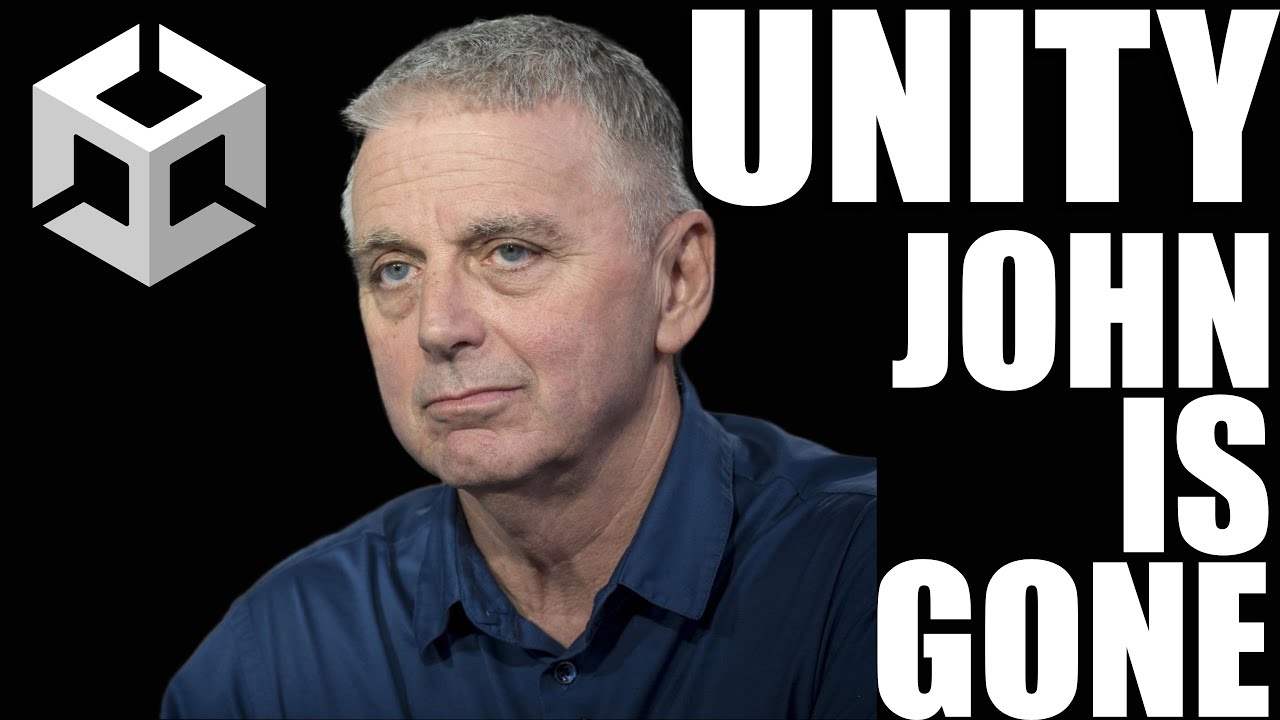Pog! ::D
maybe Unity has a chance to recover and do good by the community again
I still have doubts so personally I’m gonna stick with Godot and Bevy but we’ll see in the coming future for how Unity progresses from here…
edit: whoops meant to post this in gamedevnews, gonna check before I post next time



The board knew who he was and his history before they hired him. They still hired him. They wanted and supported this but it blew up and he’s the fall guy for this change.
Until the board changes, I don’t think I care much for Unity at all.
Don’t get me wrong, he’s a dick, but I cannot imagine he’s the only one.
I strongly agree that it seems like in his comments after the interview last year (the fing idiots comment) that he was planning to leave soon the whole time and volunteered to be the fall guy in exchange for a golden parachute. It’s a win for all parties involved, because unity gets their PR scapegoat and he was likely going to get a nice financial package on the way out the door anyway.
I don’t care much what the new direction is anyway. I’m using unreal for my games but I admit even with the new pricing structure, I’d probably pay a lot less under Unity’s install fee thing, which caps out at 4% rev share, assuming one of my games ever even got enough sales to hit a million dollar threshold as a solo developer. The issue for me was the magical telemetry spyware that’s apparently going to be in every new build now. Its to the point I’m reconsidering if I’ll buy unity games ever again, or even install any of the ones I have on steam if they decide to update the build.
(That last part hurts my soul deep because Cities Skylines 2 is literally about to release. 🥲)
Wasn’t he hired before there even was a board in place? When they were still private?
A private company still has owners and their representatives, regardless of whether or not the company has a formal board. Things are just more formalized and documented in public companies.
In fact, CEOs tend to have more power in public companies than in private ones, since public companies have a higher share of passive shareholders and more divided shareholders.